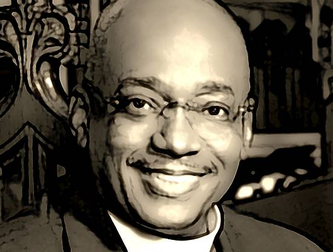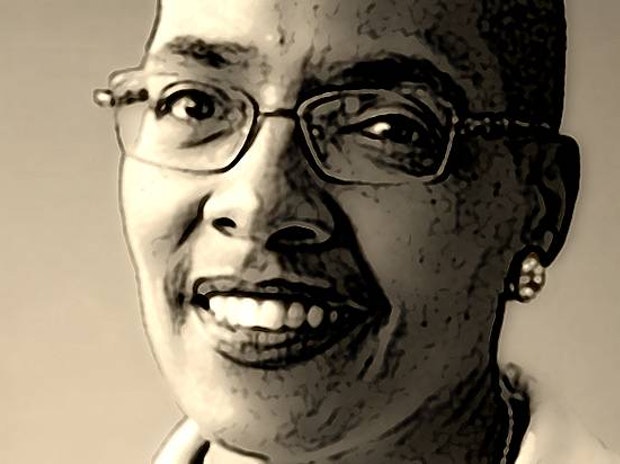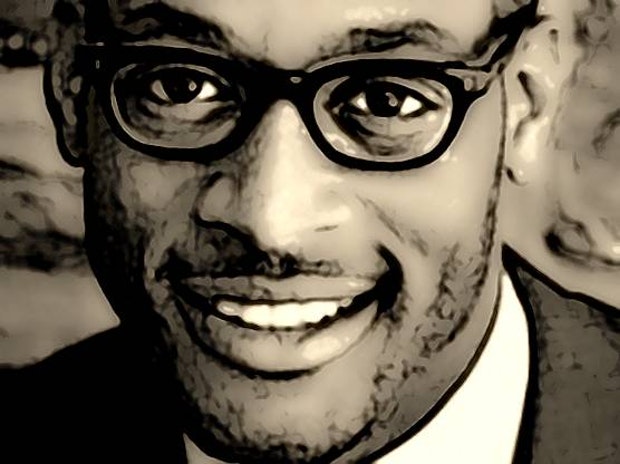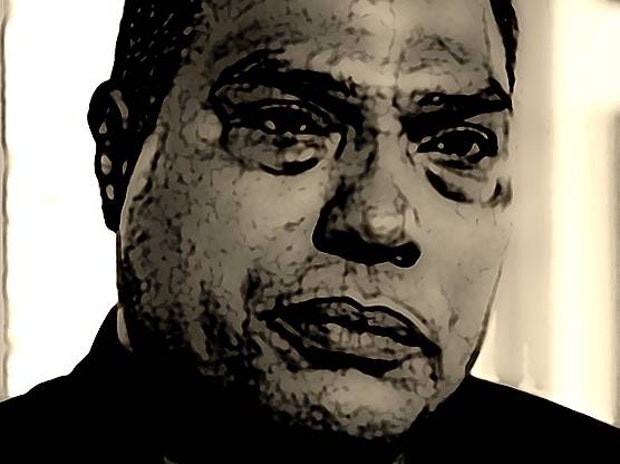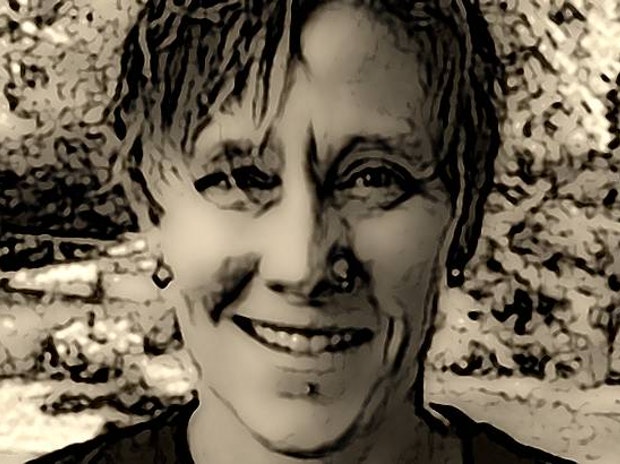
We just launched Our Faith, Our Bodies: Toward a Healthy Christian Sexual Ethic with Heidi Carter For Individuals and For Groups.
Consider the following examples of people experiencing conflicts about their lives in relation to sex, relationships, and gender:
- A Christian adult who is considering entering into a BDSM lifestyle but isn’t sure whether, or how, to try to engage it in the spirit of Christ.
- A 20-year-old woman who has taken her Christian beliefs seriously but thinks she many never want to marry who feels no inclination toward a life of celibacy.
- An agnostic lesbian who is being abused by her partner.
- A transgender woman who is living an unhappy life as a man because her community is hostile to transgender people.
All of these are examples of people who might want guidance in making their decisions and/or might benefit from the loving, respectful engagement that Christ models and asks of his followers. But would they — even the Christians — find the church’s teachings on sexuality and gender relevant to their decision-making process? Would they — especially if they are not Christian — look to the church for compassion, help, and wisdom?
It seems likely that they would not. What guidance would the Christian man expect to find in the church on how to engage in domination respectfully? What reason would a transgender woman or a lesbian have to trust a priest for support and guidance through a series of difficult choices about treating herself with respect? Our wide-umbrella church has priests who believe very differently from one another about sexuality, and a young woman who wants sex but not marriage might as easily find her sexual needs vilified as understood. When the church falls behind contemporary experience and conversation on important topics, Christians are less likely to consider the church’s guidance when making decisions, while non-Christians are less likely to see the church’s relevance to the culture at all.
Outside the church, many people (with good reason) consider Christianity to be hostile to sex and extremely hostile to non-traditional approaches to expressions of gender and sexuality. The Episcopal Church, though we now embrace people across the gender and sexuality spectrum and celebrate same-sex marriages, still has trouble articulating what a healthy sexual ethic looks like. We’re more likely to talk about what a healthy sexuality does NOT look like — to tell people what they can and cannot do in various relationships — and leave it at that. Indeed, our reluctance to engage the issue proactively makes its own statement about our willingness to engage issues related to gender and sexuality.
In this course, Heidi argues, we must create a sexual ethic that reflects the broader conversations and information that we have today about being sexual in our world. She discusses why a new sexual ethic is necessary, what it might look like, and how to engage and talk about healthy sexual lives in our culture.
This course is perfect for people who want to learn more about sex in a Christian context. For a preview of the course, please click below.
.

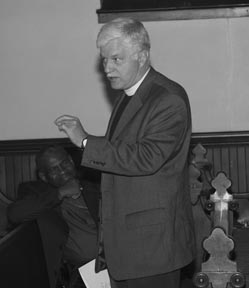
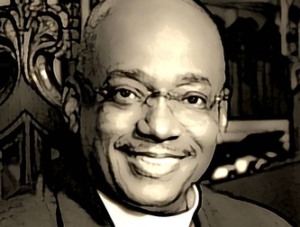 Spirituality and Racial Justice with Michael Curry
Spirituality and Racial Justice with Michael Curry 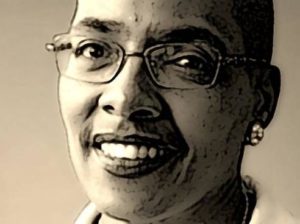 Whiteness and Racial Justice with Kelly Brown Douglas
Whiteness and Racial Justice with Kelly Brown Douglas 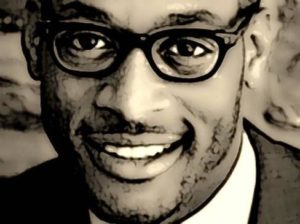 Theology and Racial Justice with J. Kameron Carter
Theology and Racial Justice with J. Kameron Carter 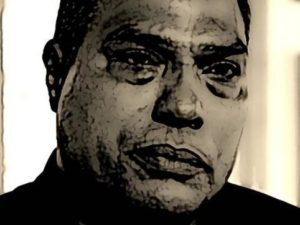 Racism and Racial Justice with Eduardo Bonilla-Silva
Racism and Racial Justice with Eduardo Bonilla-Silva 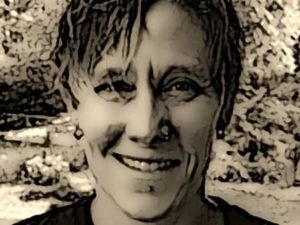 Reparation and Racial Justice with Jennifer Harvey
Reparation and Racial Justice with Jennifer Harvey 